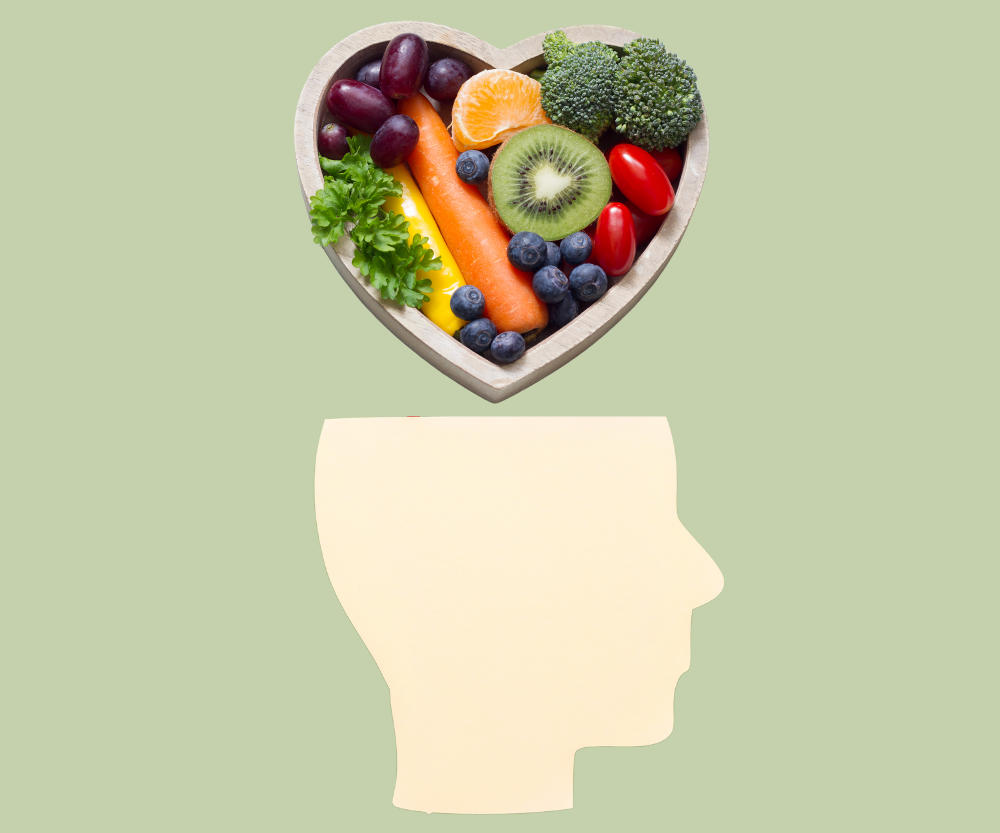 Nutrition plays a pivotal role in maintaining overall health and well-being, with profound effects on mental health. At Luma Health & Wellness, we understand the significance of nutrition in nurturing both body and mind. In this post, we delve into the importance of nutrition for mental health and offer practical advice for integrating a brain-healthy diet into your lifestyle.
Nutrition plays a pivotal role in maintaining overall health and well-being, with profound effects on mental health. At Luma Health & Wellness, we understand the significance of nutrition in nurturing both body and mind. In this post, we delve into the importance of nutrition for mental health and offer practical advice for integrating a brain-healthy diet into your lifestyle.
Key Nutrients for Mental Health
Certain nutrients have been closely linked to improved mood, cognitive function, and emotional well-being:
Omega-3 Fatty Acids: Found in fatty fish like salmon, mackerel, and sardines, as well as in flaxseeds, chia seeds, and walnuts, omega-3 fatty acids are essential for optimal brain function. Research suggests they may alleviate symptoms of depression and anxiety while supporting cognitive health.
B Vitamins: Crucial for neurotransmitter synthesis and regulation, B vitamins (including folate, vitamin B6, and vitamin B12) are associated with mood stability. Incorporate leafy greens, legumes, whole grains, poultry, fish, and fortified cereals into your diet to ensure an adequate intake.
Magnesium: With roles in over 300 biochemical reactions, magnesium is vital for neurotransmitter production and stress regulation. Consuming magnesium-rich foods such as leafy greens, nuts, seeds, whole grains, and legumes can contribute to improved mood and reduced anxiety.
Antioxidants: Protecting the brain from oxidative stress and inflammation, antioxidants like vitamins C and E, selenium, and flavonoids are abundant in fruits, vegetables, nuts, seeds, and whole grains. Including these foods in your diet supports brain health and reduces the risk of mental health disorders.
The Gut-Brain Connection
Emerging research underscores the crucial link between the gut microbiome and mental health. By influencing neurotransmitter production, immune function, and inflammation, a balanced gut microbiome contributes to emotional well-being. Nourish your microbiome with fiber-rich foods, fermented foods, and probiotics.
Practical Tips for Brain-Healthy Eating
Incorporating brain-healthy foods into your diet can be straightforward with these tips:
- Prioritize whole, nutrient-dense foods such as fruits, vegetables, whole grains, lean proteins, and healthy fats.
- Regularly include omega-3-rich foods like fatty fish, flaxseeds, chia seeds, and walnuts.
- Opt for colorful fruits and vegetables, abundant in antioxidants and phytonutrients crucial for brain health.
- Limit processed foods, refined sugars, and trans fats, which can contribute to inflammation and impact mental health negatively.
- Stay hydrated by drinking plenty of water throughout the day, as even mild dehydration can affect mood and cognitive function.
Optimizing Mental Health Through Nutrition
Nutrition forms the foundation for optimal mental health and emotional well-being. By nourishing your body with nutrient-rich foods that support brain function and nurture the gut microbiome, you can reduce the risk of mood disorders and cognitive decline. Small, sustainable changes to your diet can yield significant improvements, leaving you feeling energized, focused, and resilient in the face of life’s challenges.
For personalized guidance on nutrition and mental health, reach out to Luma Health & Wellness today. Our team of San Diego psychiatrists is here to support your journey to holistic well-being.




